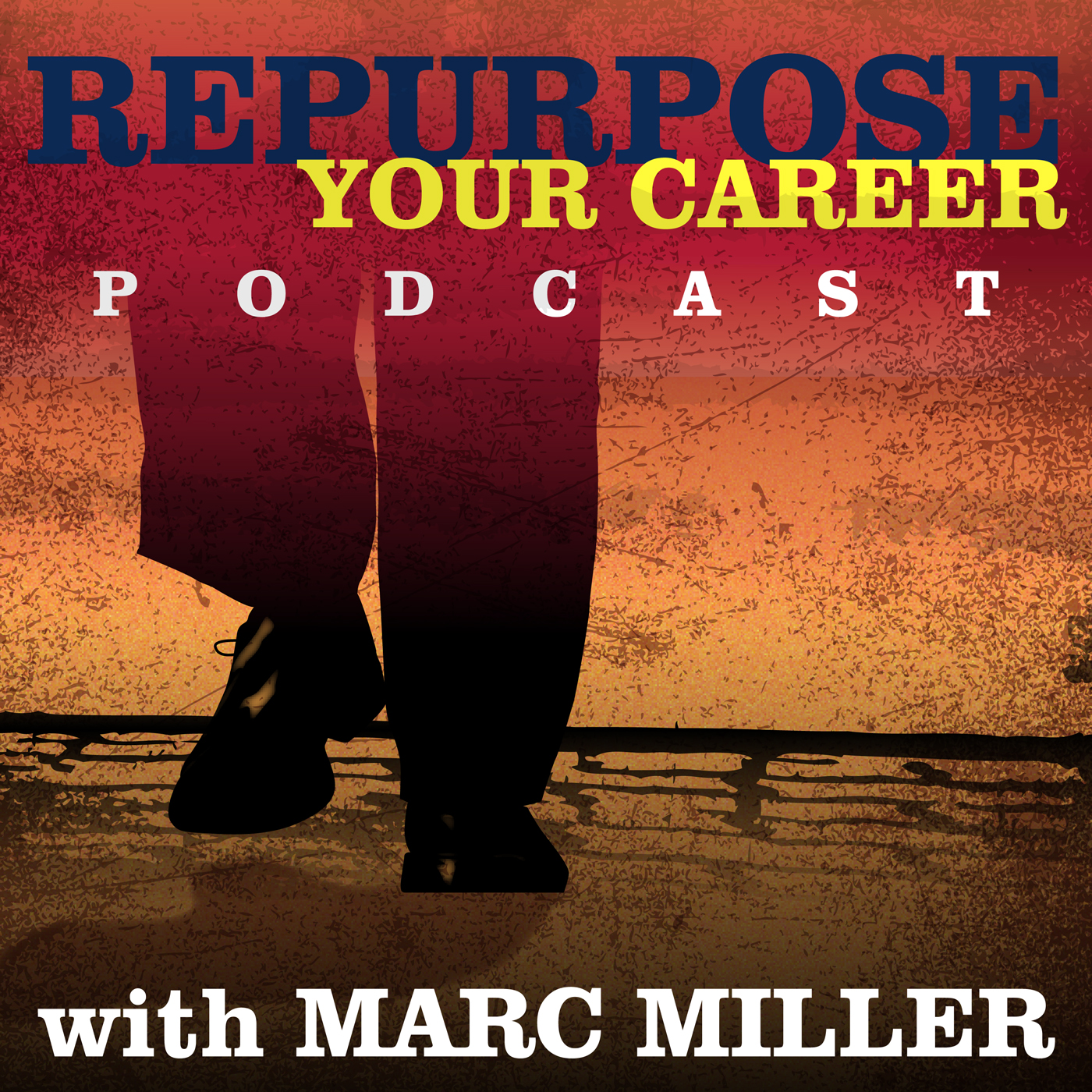Passive Candidate

The easiest way to avoid being a turkey is the be an excellent passive candidate.
The concept of being a passive candidate is a relatively new one.
The best definition I could find for this is term is:
A passive candidate (passive job candidate) is someone who is being considered for a position but is not actively searching for a job.
Turkey?
In recent weeks, I have written several blog posts about being a turkey in your career. Check out Looking at Your Career from a Turkey’s Perspective and How To Not Be a Turkey in the Gig Economy.
How not to be a Turkey
We live in a world of uncertainty in the job market. Your job could be eliminated by a black swan event (think 911), corporate merger or acquisition, bankruptcy, industry downturn (think of how it felt to be in the oil industry in early 2014), or just new management.
Your job is at risk. If you do not think so, you are a turkey (from birth, turkeys live a wonderful life for three or so years, until the 4th Wednesday of November, when it is not so good to be a turkey).
If it has been a while since you looked for a job, you need to know that social media and the internet have completely disrupted the job search process. I previously discussed this in my post, Social Disruption – How Job Search has Changed.
As you can see from the Infographic below, passive candidates are actively pursued by companies. Rather than posting job descriptions on a job board and waiting for active candidates to apply, companies are pursuing a much larger pool of passive candidates.
If you do not want to be a turkey, you will build a presence on the Internet in a way that makes you easily found for a position you want.
Your Online Presence is Key
Companies search for passive candidates in a variety of places.
- LinkedIn – LinkedIn is the first place many recruiters go to seek out passive candidates. You need to construct your profile so that it is easily found by recruiters. I previously wrote that, in order to be found by a recruiter, you need to think like a one.
- Google – You probably think, yeah, I know google—but how can a recruiter use it effectively? Recruiters can easily build Google Customer Search engines, which allows them to effectively search specific websites with boolean search queries. It is surprisingly easy to build a customizable search that allows recruiters to sort through the maze of information to find just the right candidate.
You need to have a presence online that can be found easily.
- LinkedIn – You need a great profile. More on that in a later post.
- Personal websites – Yes, you need a personal website. This might be an about.me website. These websites are easily built with little or no knowledge of html or any other web technology. If you want to be a bit more sophisticated, you might build a WordPress website like Daniel Elizalde‘s website.
- Portfolio Websites – These are websites where you can display your work. If you are a programmer, there is Github. If you are in marketing, you might put your presentations on Slideshare. Check out the Career Pivot Slideshare page. There are many other websites like this where you can easily display your work products.
The point is…you need to create a presence that is easy to find and which demonstrates your talents and skills.
You are no longer just competing for positions with others who are looking for work. You are competing against everyone who can do your job.
If you are still unsure, check out the infographic below to see why “passive candidates” are so desirable.
Next week, I will go in-depth on how to build your LinkedIn profile so that you are a highly desirable passive candidate and NOT a turkey.
So what do you think?
Are you a passive candidate or a turkey?
Like What Your Read? Get Career Pivot Insights
Do You Need Help With ...

Check out our Help Center where you have access to 14 different content portals.




Good recruitment companies will always be on the lookout for high potential passive candidates. Totally agree that with a little effort you can place yourself in the sights of these search companies. Really interesting to see the stats on this.
Ian,
The important word is “good” recruitment companies. 8^)